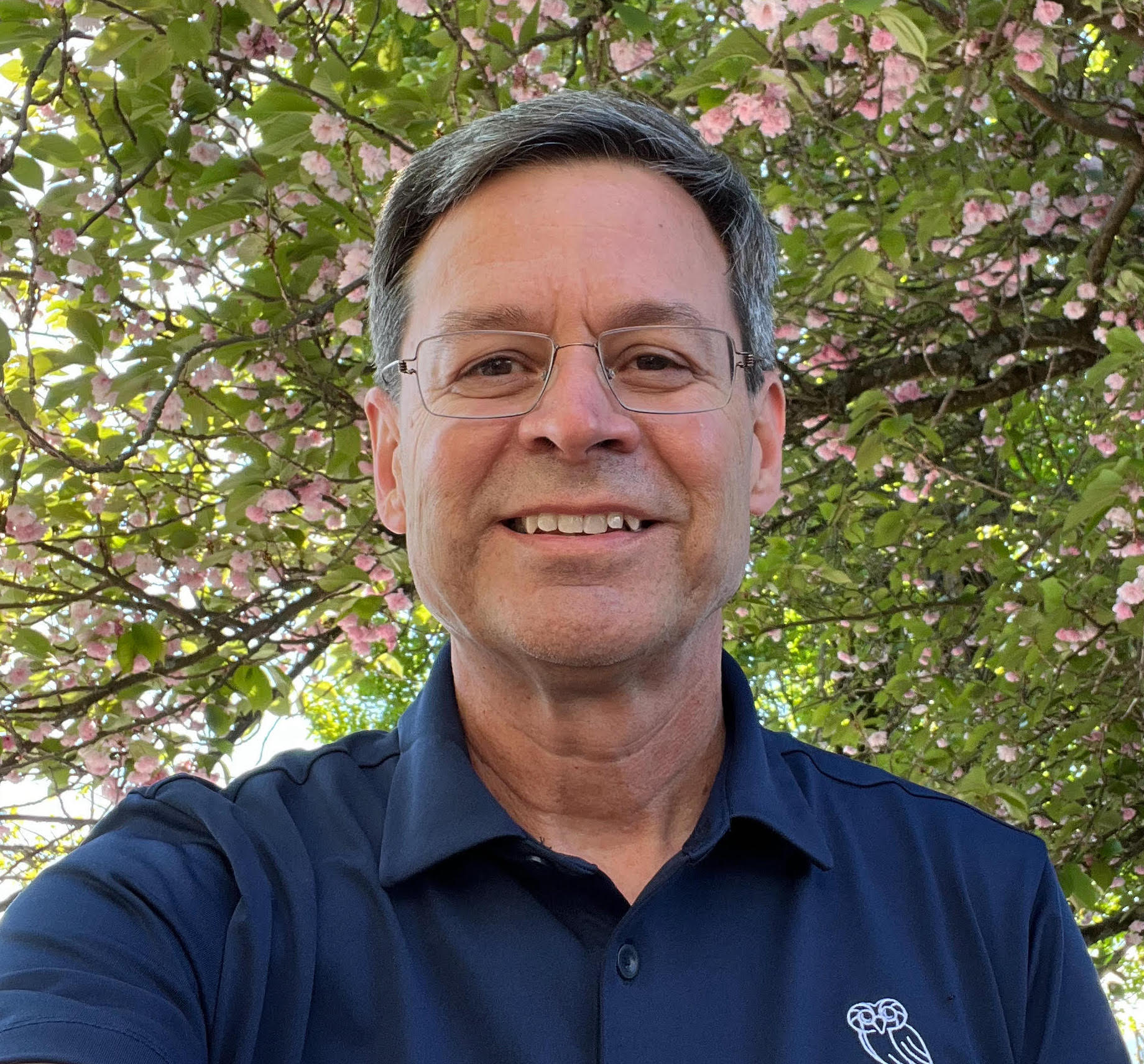The Ken Kennedy Institute's May Member of the Month: Darin Acosta, Professor of Physics and Astronomy.
Darin Acosta received his B.S. in Physics from the California Institute of Technology in 1987 and his Ph.D. in Physics from the University of California, San Diego, in 1993. He was a postdoctoral researcher at The Ohio State University, and afterward became a faculty member in the Physics department at the University of Florida in 1997 with an affiliate appointment with the department of Electrical and Computer Engineering. In the fall of 2021, he joined the faculty of the Physics and Astronomy department at Rice University!
Prof. Acosta is an expert on the trigger systems of particle collider experiments that perform a real-time analysis of high-rate collision data before storage to computer disk. He designed and successfully delivered the endcap muon trigger for the electronic trigger system of the CMS experiment at the LHC, and currently leads the overall CMS Trigger project. His most recent research uncovered evidence for the rare Higgs boson decay into dimuons.
How do you explain your research in one sentence?
My research encompasses the study of subatomic particle interactions in high energy collisions, such as Higgs boson couplings in proton collisions, with specialization in the instrumentation for data acquisition where we use FPGAs for real-time computing.
How does your work impact the community at large?
By stimulating curiosity in the physical universe around us, training the next generation of STEM scientists and engineers, and proposing experiments to push the state-of-the-art in magnet design, accelerator technology, detector technologies, and advanced computing. For example, the students and scientists working with me are learning new ways to deploy Machine Learning inference in FPGAs for very low latency, high bandwidth applications (sub-microsecond).
What kind of collaborations are you looking for at Rice and within the community?
Currently, I am interested in collaborations with others working with FPGAs for real-time logic or computing, especially in Machine Learning applications. Generally I am interested in collaborations around high bandwidth, data intensive applications.
How do you see computation and data advancing in the future?
Computation will move ever closer to the source of the data. For example, experiments at future particle colliders will generate enormous volumes of data from the sensors, approaching exabytes per second in the grandest visions. We will need intelligence right at the front end (edge computing) to handle this.
How do you see the Ken Kennedy Institute supporting you and/or your research?
I am still getting familiar with the Institute, and I look forward to increased engagement so as to learn more from our colleagues and find synergies with their work.
What is your favorite book or movie?
Favorite movie is “Interstellar." Aside from being an engaging SciFi film, the physics is accurate or at least plausible since a Nobel prize winner (Prof. Kip Thorne) was an advisor. They rendered a simulated image of a black hole just before the real thing was accomplished by the Event Horizon Telescope team.
Do you have any words of inspiration would you like to share?
For students deciding between science or engineering, as I once was, try out experimental science. You get the best of both worlds. Explore the wonders of nature and design the devices to explore them.
_
Learn more about Darin here.

